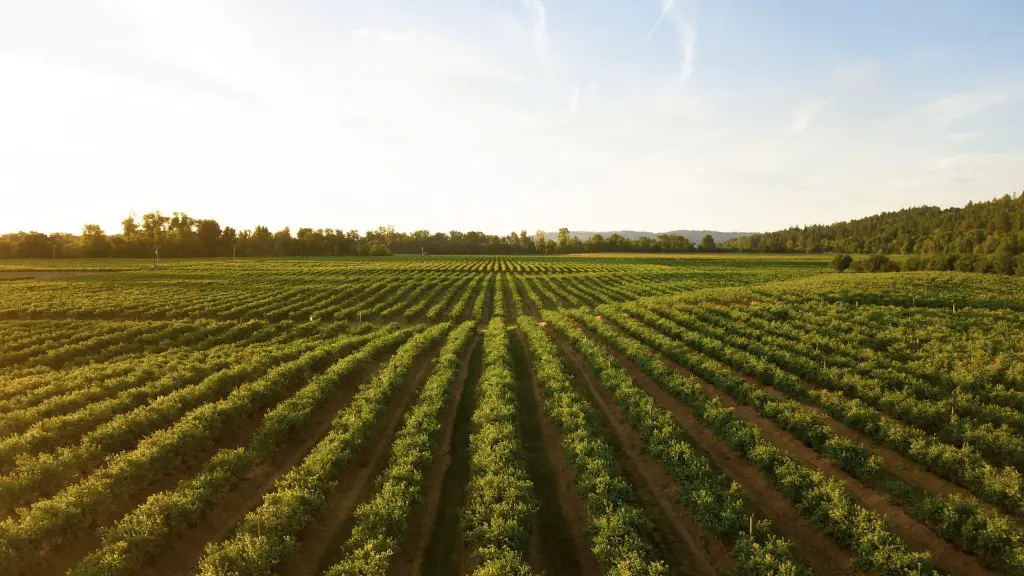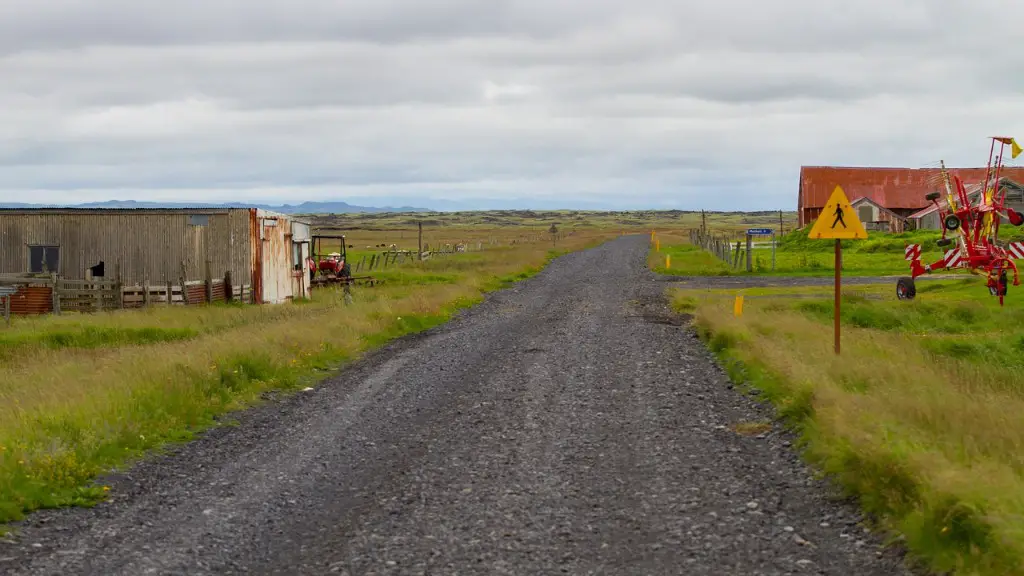Agriculture diploma courses are highly valued by employers due to their relevance in today’s economy. To gain an agriculture diploma you must complete a period of study or training of two or three years length, although in some cases it may be shorter or longer. During the length of your studies you will learn about a variety of aspects of agriculture, such as farming techniques, plant and animal science, crop protection, nutrition and animal welfare. The knowledge gained while studying an agriculture diploma provides a great foundation for those wanting to pursue a career in agriculture.
Courses to Gain Agriculture Diploma
Agriculture diploma courses are available at universities, colleges and agricultural training institutes in many countries. Most programs will include a combination of theory and practice, with students having to pass exams and undertake practical assignments to demonstrate their knowledge. Depending on the length and specialization of the course, topics will vary but can include soil management, water management, animal health and nutrition, crop production, and the economics of agricultural business.
Benefits of Obtaining Agriculture Diploma
Holding an agriculture diploma can improve your job prospects in the agricultural field as many employers do prefer candidates to have a relevant qualification. Earning a diploma shows that you have gained the necessary skills, knowledge and experience to be able to pursue a career in an agricultural related field. It is also beneficial if you are interested in pursuing higher levels of study and research, as many postgraduate courses require you to hold an agriculture diploma.
Pathways After Agriculture Diploma
By having an agriculture diploma you are well positioned to secure a job in the agricultural field as a research assistant, farm manager, agronomist, agricultural consultant, or farm production manager. You may also be eligible to enter postgraduate study in areas such as animal science, agricultural economics, and sustainable agriculture. There may also be the opportunity to go on and further specialise in specific areas such as beekeeping, soil conservation or horticulture.
Agriculture Careers Beyond Diploma
Further opportunities in the agriculture field may include working in livestock management, agriculture marketing and promotion, or agriculture education. You could also work in animal welfare, environment protection, crop science and research, or vocational agricultural teaching. It is possible to find roles in export and international trade, biosecurity, and the conservation of our water and soil resources. In some cases a diploma may open up opportunities in the food science, nutrition, or land and estate management sectors.
Levels of Agriculture Diploma Courses
There are a few different levels of diploma courses available and these include diploma, bachelor and postgraduate diplomas. Depending on the areas you would like to specialize in, the level of study required may be different. For example, if you are looking to pursue a career as an agricultural scientist or in agricultural extension then a postgraduate qualification may be necessary. Alternatively, if you would like to pursue a career in agricultural business then a diploma and/or bachelor degree may be all that is required.
Variety of Subjects Contained in Diploma Courses
Agriculture diploma courses will include a variety of topics, such as farming practices and techniques, animal health and welfare, plant production and protection, crop management, plant nutrition, and agriculture business. They will also encompass issues such as environmentally friendly farming, food safety and sustainable agriculture. The courses may also include courses such as farm management, agricultural machinery, veterinary studies, soil microbiology and biosecurity.
Scholarships for Agriculture Diploma
There are many scholarships available for those wanting to study an agriculture diploma. These scholarships may be provided by the institution, by the government or by private organisations. Examples of scholarships include the Future Agriculturists Scholarship, Australia-Indonesia Rural Links (AIRLINK) Scholarship, and the Ronald E. and Mary E. Holden Scholarship. It is always worth investigating scholarship opportunities to help you fund your studies and make pursuing an agriculture diploma more accessible.


